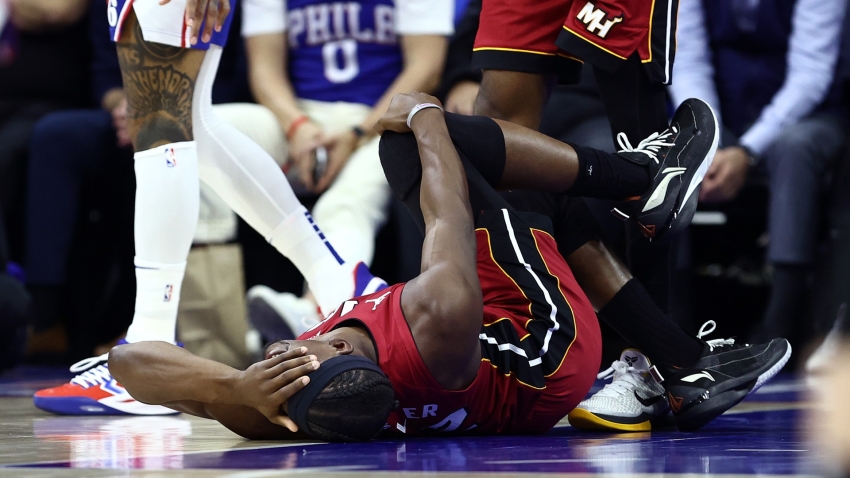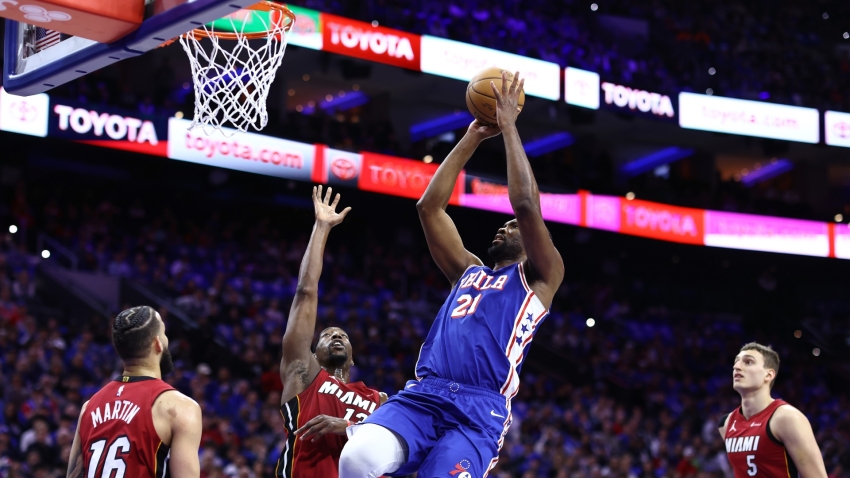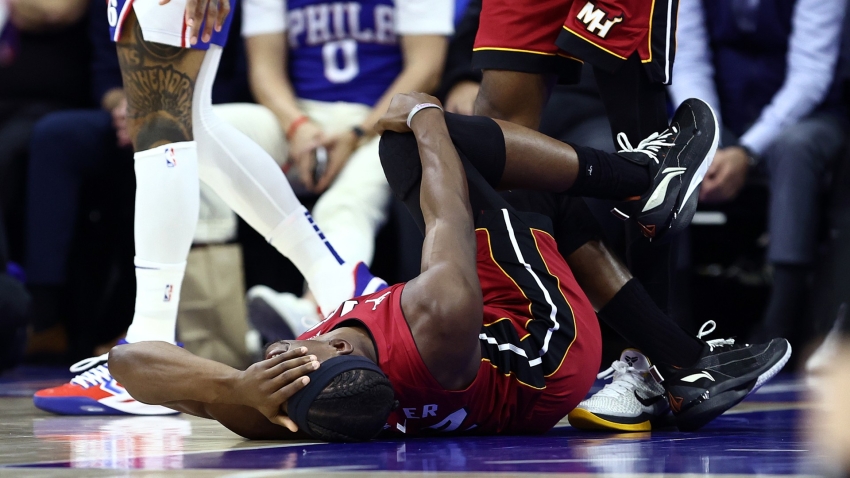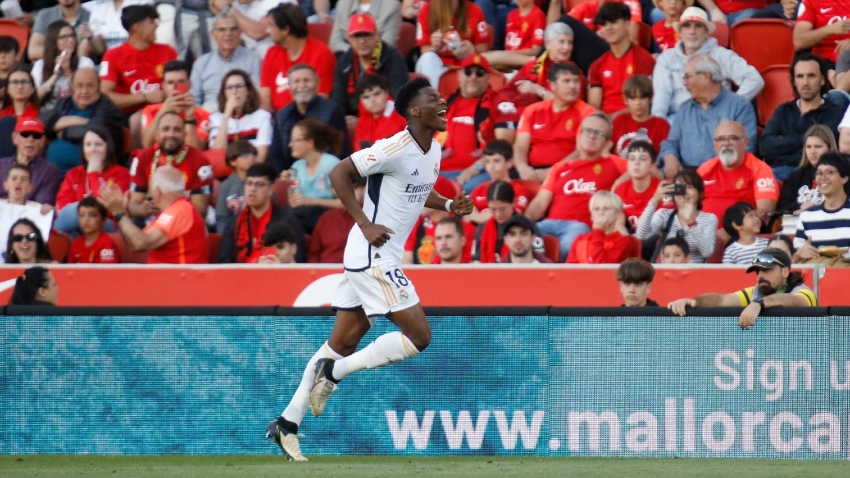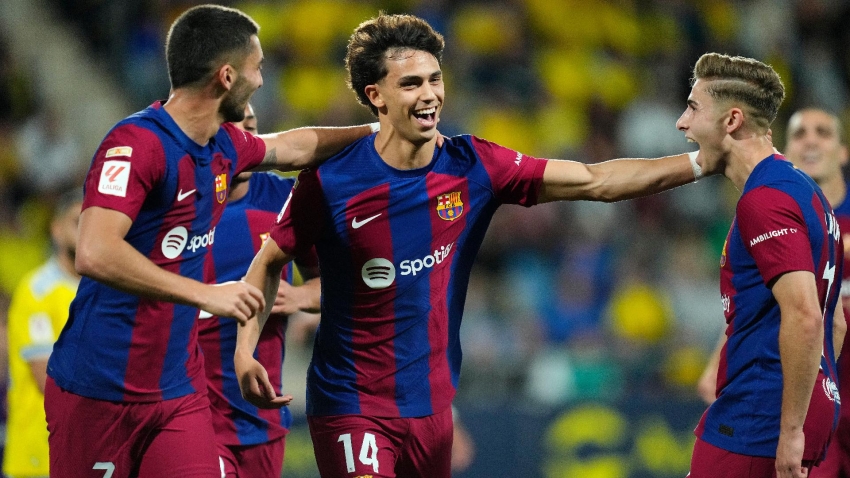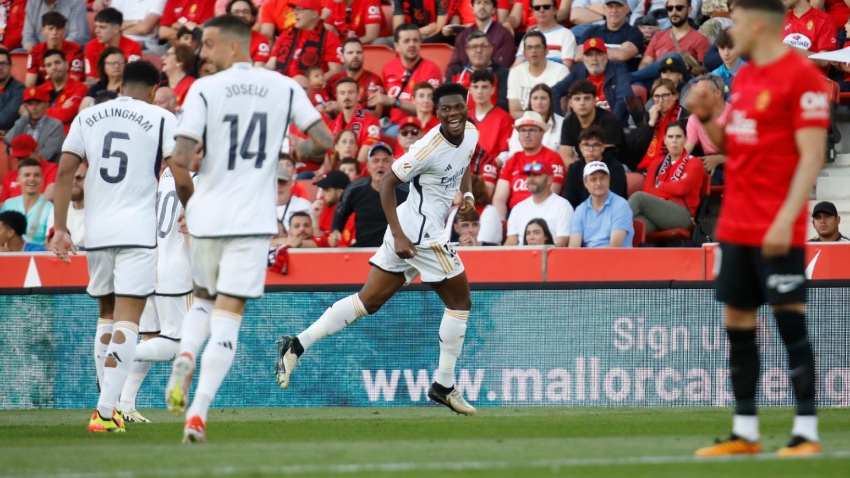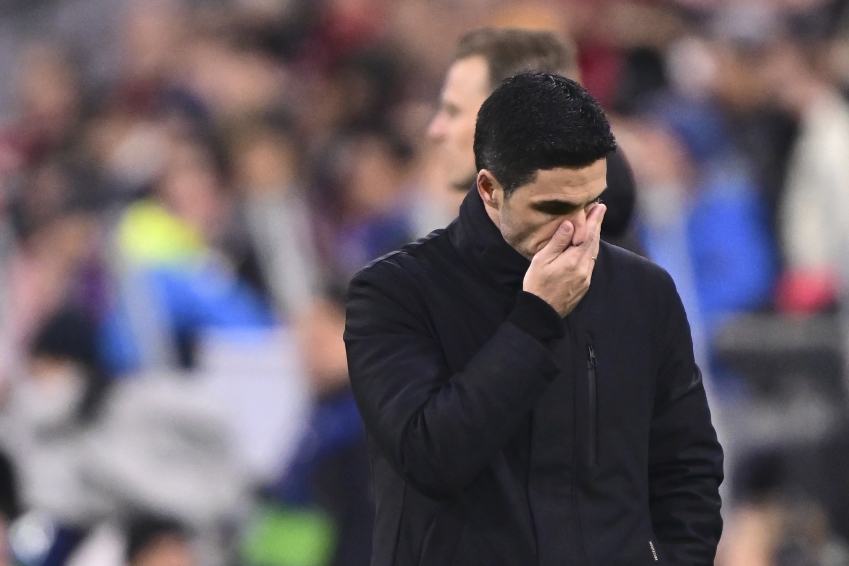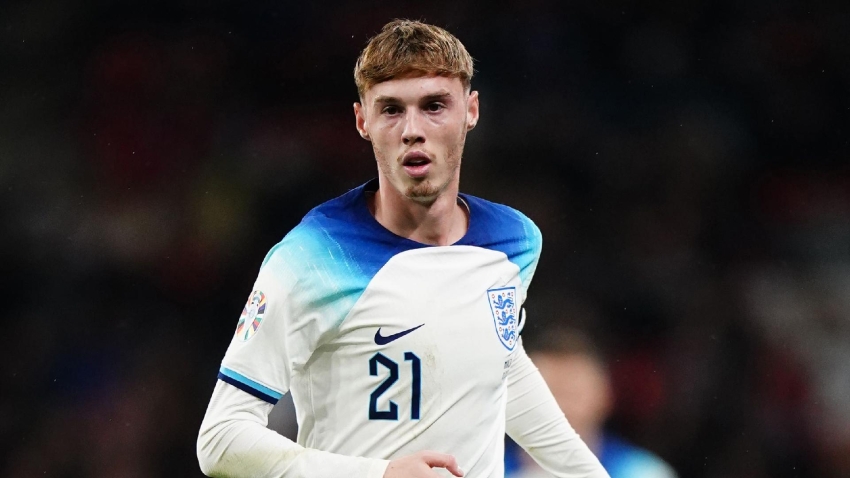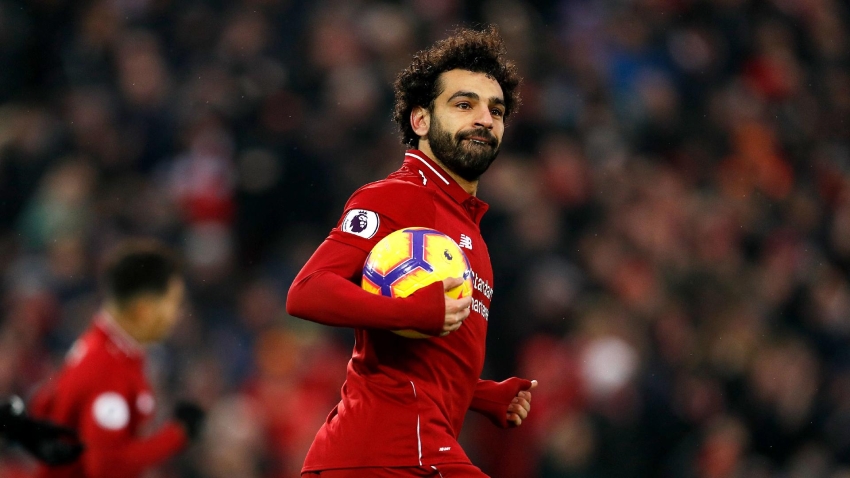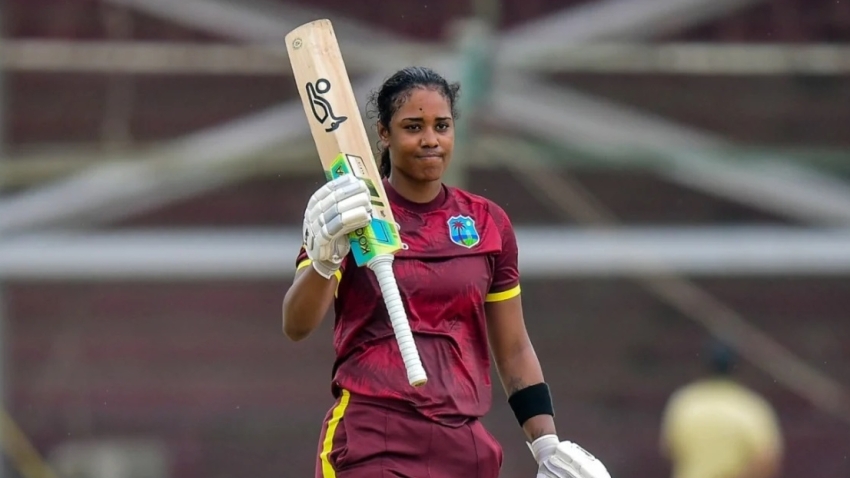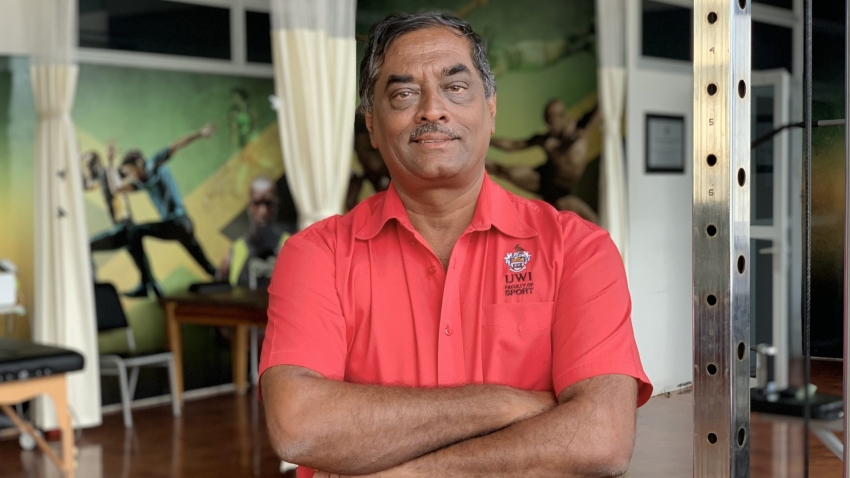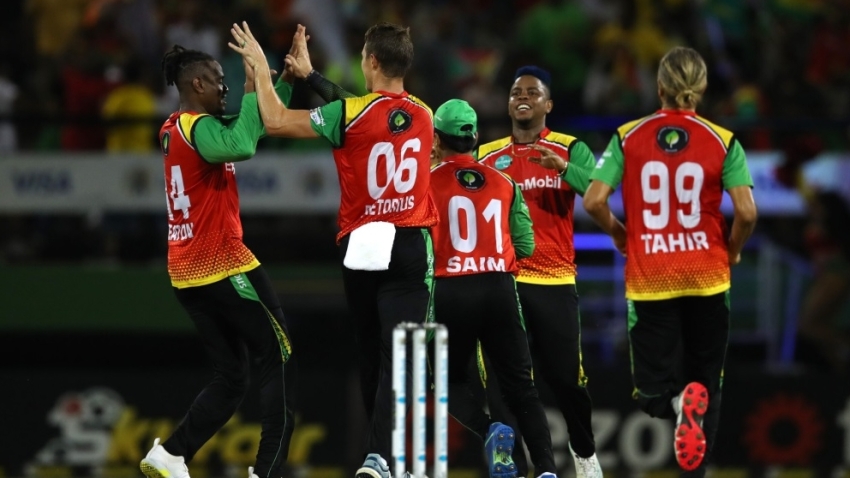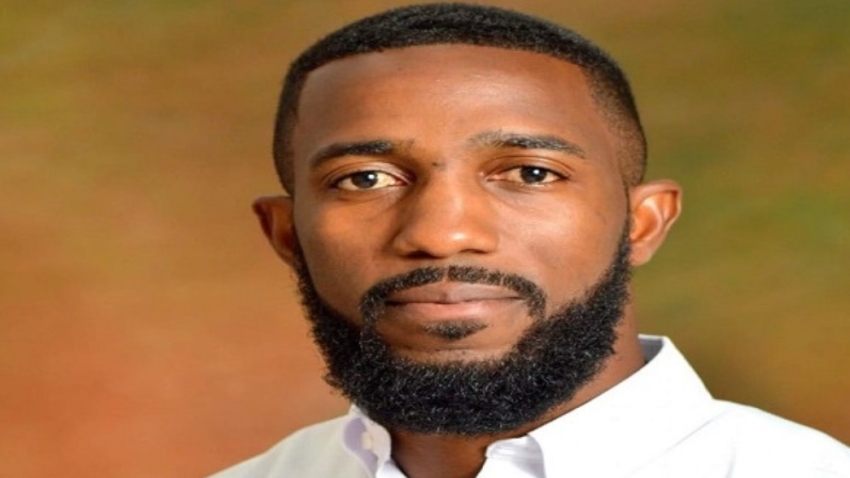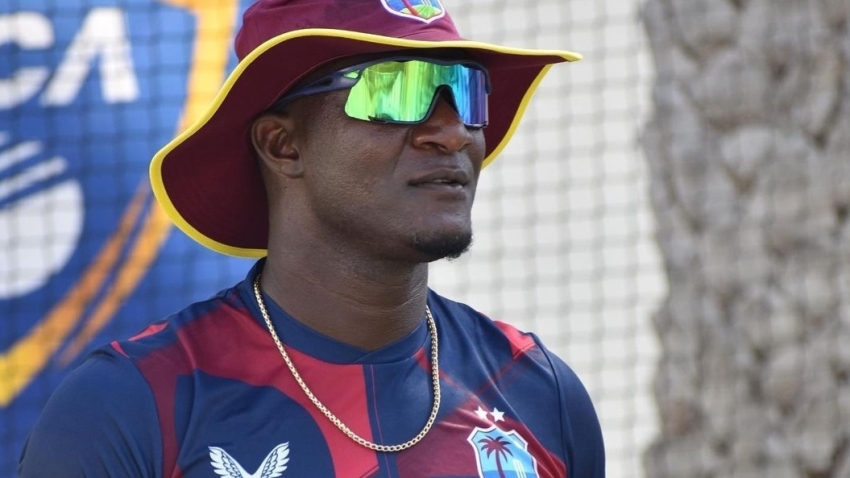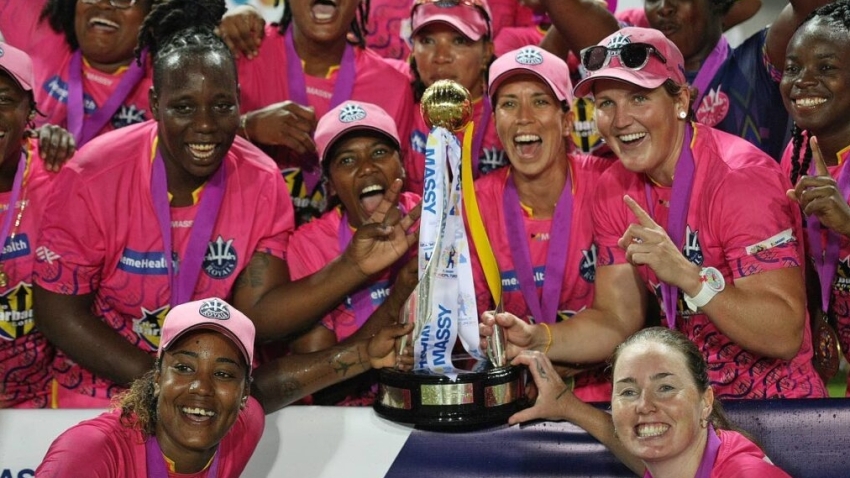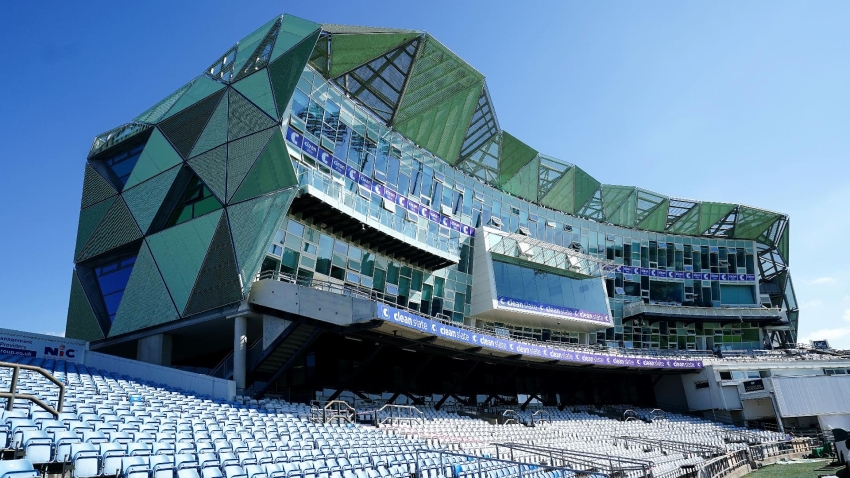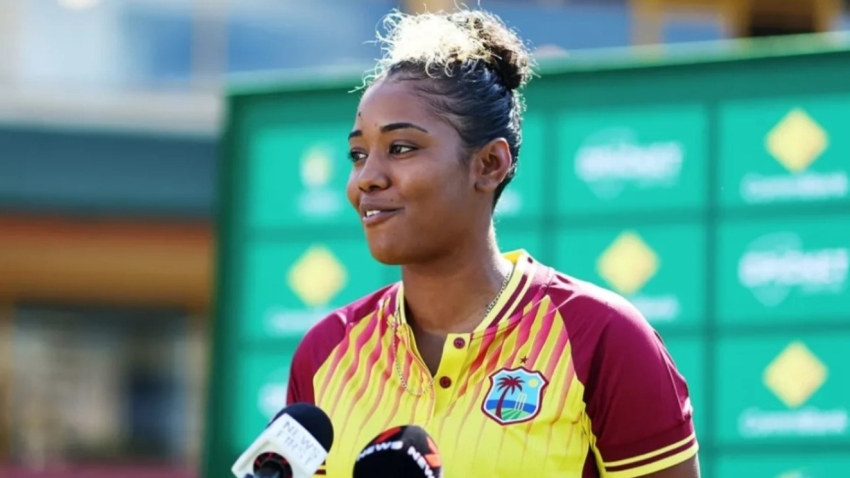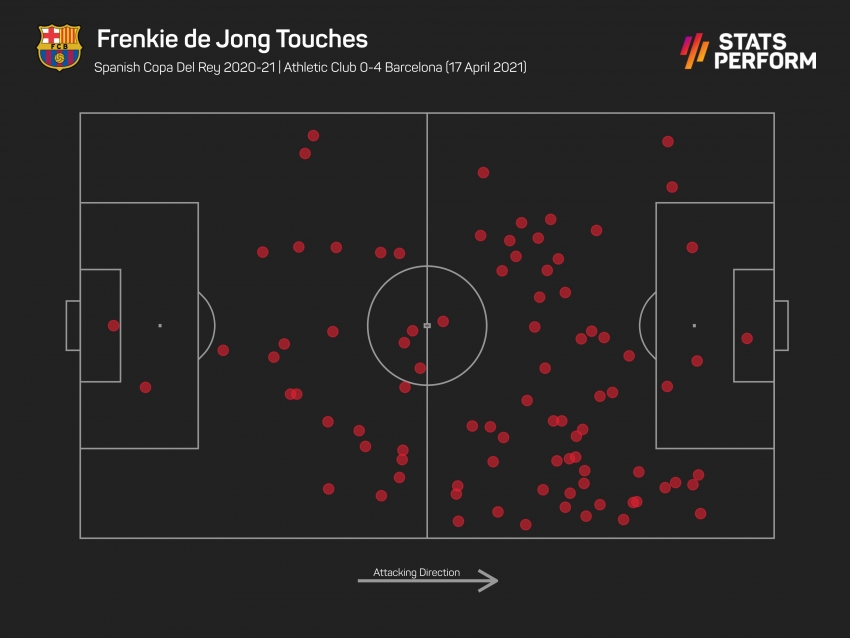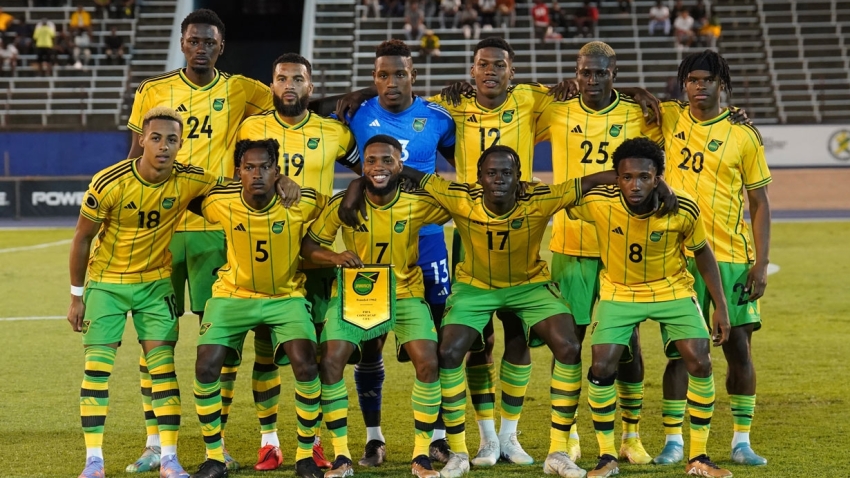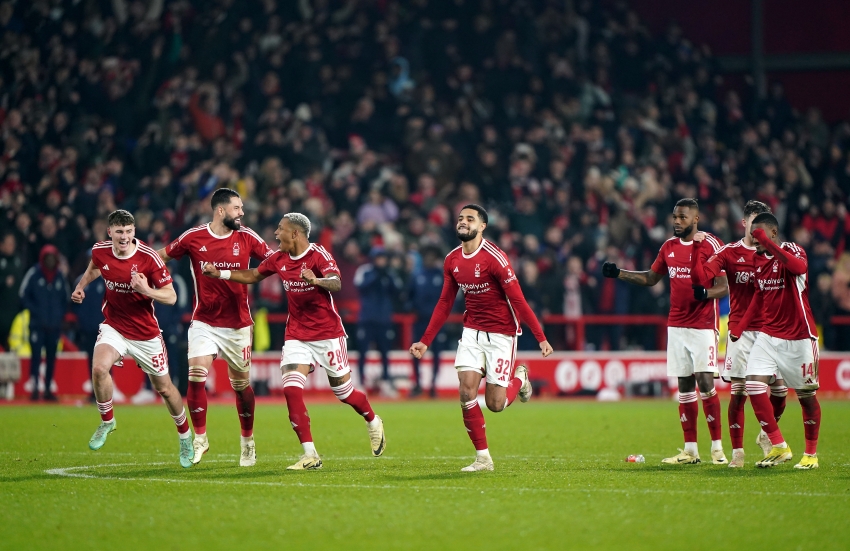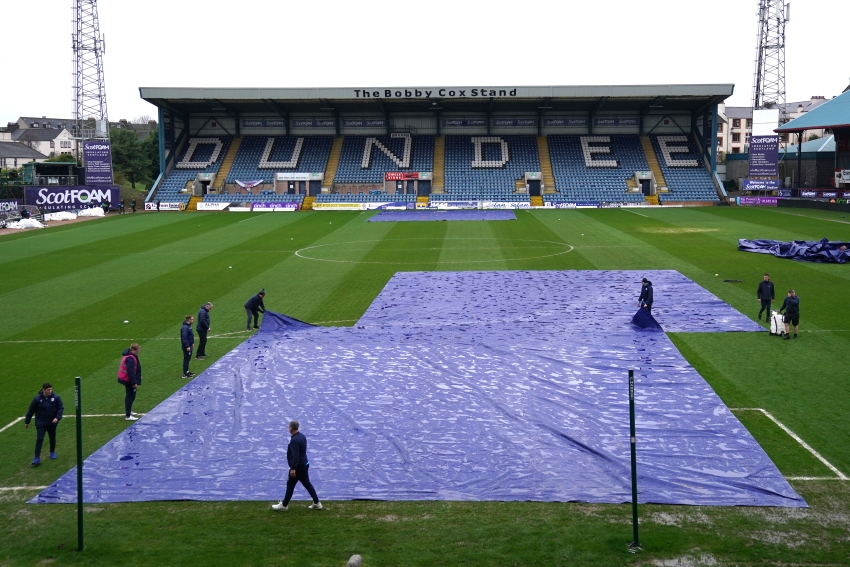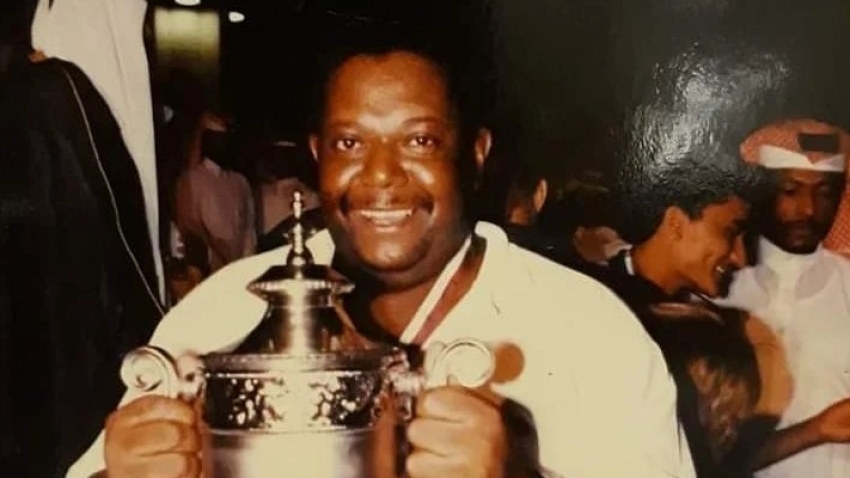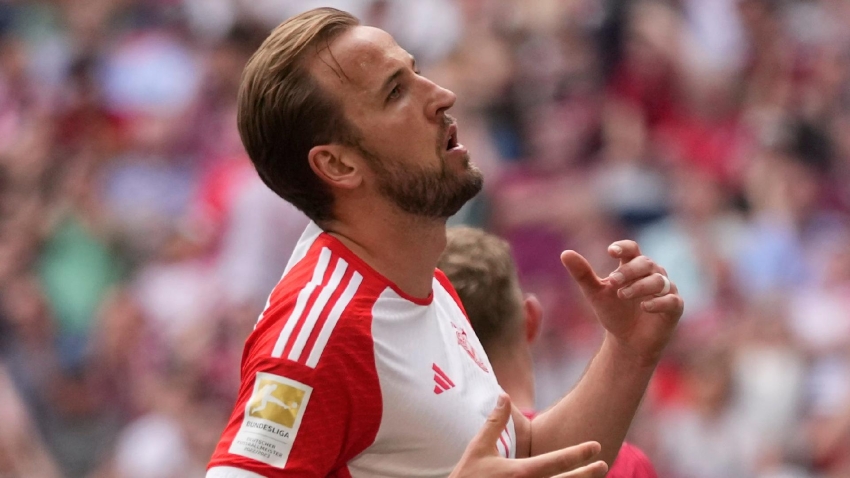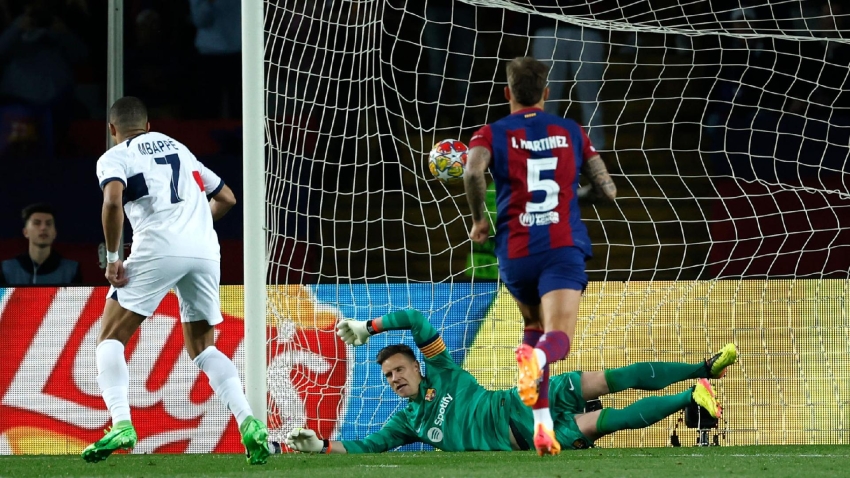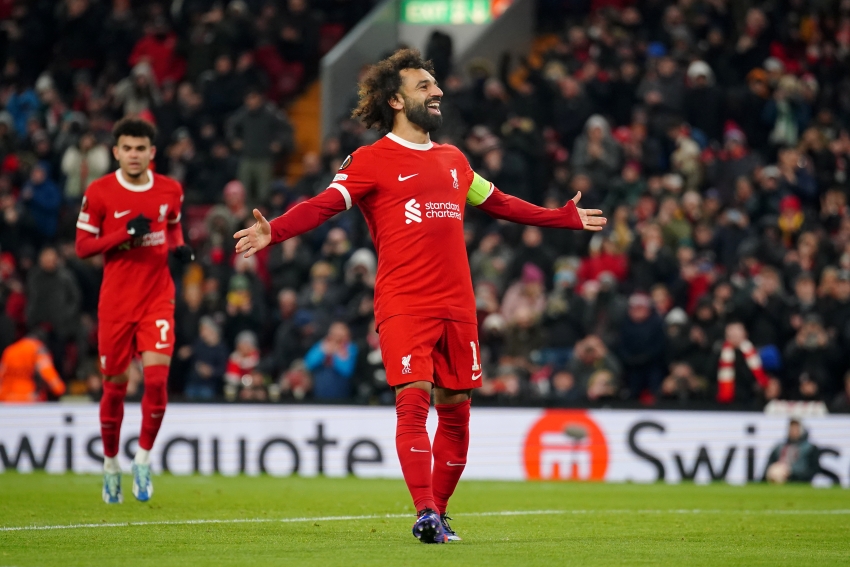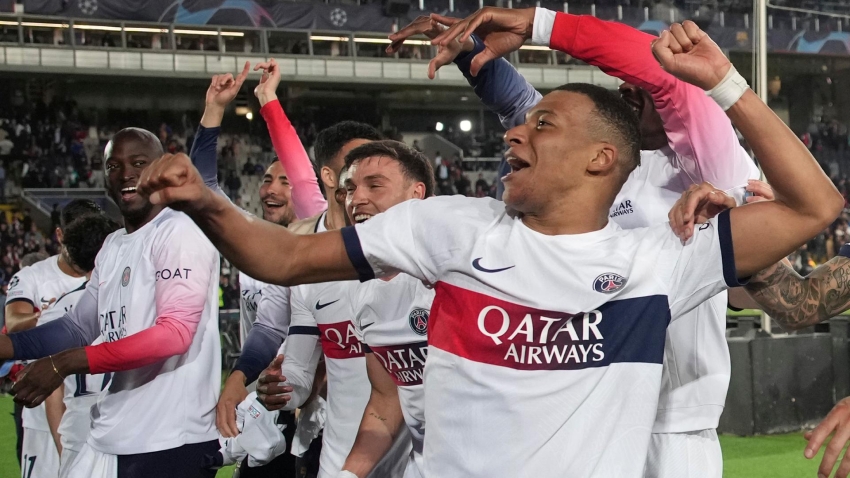The 12-month delay to Euro 2020 has provided an easy angle for debate ahead of the finals this week.
Which teams might have benefited from the postponement? Italy are back in the groove, Spain were surely buoyed by a 6-0 win over Germany, and England continue to develop exciting young talents.
It works both ways, though, as Germany might have preferred the tournament to go ahead in 2020, prior to their heaviest competitive defeat and before Joachim Low confirmed his exit plans.
Meanwhile, neither situation necessarily suits the Netherlands.
The Oranje have a youthful, talented, newly settled side, but there is the suspicion they have already peaked.
Ronald Koeman, appointed in February 2018, had the Netherlands playing some thrilling, effective football in his first 18 months in charge, narrowly losing the showpiece match at the Nations League Finals while easing to Euros qualification.
Since then, the coach has departed, a number of his young charges have seen their careers stall somewhat and Virgil van Dijk, the team's standout star, has been ruled out by injury.
It means there is plenty of scepticism as Frank de Boer leads the Dutch into their first major tournament in seven years.
COACH ACCUSTOMED TO CRITICISM
Koeman left the national team to be appointed by Barcelona. It is highly unlikely De Boer could walk into such a role regardless of his success with the Netherlands.
Since leaving Ajax as a four-time Eredivisie champion in 2016, the coach has endured short, miserable stints with Inter, Crystal Palace and Atlanta United.
De Boer won just 36.4 per cent of his Serie A games, the second-worst rate of an Inter boss this century.
Only Gian Piero Gasperini was less impressive as he went winless, an unfortunate feat De Boer would repeat at Palace as the Eagles did not even score or earn a point in his four Premier League outings.
Atlanta faded from MLS Cup champions to also-rans under De Boer, too, before he was handed an unlikely Oranje opportunity, only to go four without a win at the start of his tenure.
The Netherlands' fortunes have since improved, winning five of seven – albeit while losing a key World Cup qualifier in Turkey and scraping to a friendly draw against Scotland.
Off-field faux pas have also persisted, including media conference mix-ups involving Queensy Menig and Donny van de Beek while Jasper Cillessen was controversially cut from the Euros squad following a positive COVID-19 test.
"It seems clear that things need to get better," De Boer acknowledged after the Scotland game, although he was more optimistic in the aftermath of a subsequent 3-0 win against Georgia.
Having made only two changes to his 5-3-2 line-up – one in goal, the other enforced by injury – De Boer declared: "We're ready."
YOUNG STARS' STUNTED PROGRESS
Six players who started the Nations League Finals matches should make De Boer's XI for the Ukraine game, but these stars are not necessarily in the same shape as they were in 2019.
Matthijs de Ligt, Daley Blind and Frenkie de Jong were all coming off an outstanding campaign with Ajax in which they reached the Champions League last four, swatting aside Real Madrid and Juventus on their way before coming within seconds of the final.
Van de Beek, called from the bench against England, was also part of that superb club side.
While Blind remains in Amsterdam and will surely now only start if De Ligt is injured – as he was against Georgia – the other three, who should fit well within De Boer's fluid formation, moved on with mixed success.
De Ligt's first season with Juve was tough, including two errors that led to shots (including one to a goal) and three penalties conceded, before he improved in 2020-21.
De Jong followed a similar path of slow progress at Barca, the highlight of his Camp Nou career so far – now under Koeman – a goal and two assists in April's Copa del Rey final.
That single-game contribution matched Van de Beek's meagre haul for his entire debut season at Manchester United, concerningly. A year behind his two younger international team-mates, the midfielder joined United in 2020 and his three goal involvements came across 36 games but just 15 starts.
Van de Beek's season has ended in miserable fashion, forced to withdraw from the Euros squad this week. Far from a regular at international level, too, this might be a bigger setback for the player than for the Netherlands.
DETERMINED TO MAKE THEIR MARK
The absence of Van Dijk means the other Ajax graduates unquestionably maintain key roles in the defensive third, but the Netherlands are relying on older heads in attack, even if they are without the sort of superstar Dutch forward of years past.
This country once had Patrick Kluivert and Ruud van Nistelrooy born on the same day; now they rely on a midfielder and a converted winger for their goals.
It was effective in qualifying, though. Georginio Wijnaldum, 30, was their leading marksman with eight, while Memphis Depay, 27, either scored or assisted every 38 minutes – six goals and seven assists in 495 minutes the best rate among the 54 players to have five or more goal involvements.
Depay netted twice against Scotland and once against Georgia, along with an assist, and will be eager to establish himself on the European stage.
The Barca-linked Lyon forward was an under-19 international when the Netherlands last appeared at the European Championship in 2012, while he made only a single start at the World Cup two years later.
Wijnaldum was at least a regular at Brazil 2014, scoring in the third-place play-off, but both he and Depay have been robbed of a huge chunk of their major tournament careers by the team's failings.
Even with a kind group-stage draw, as they chase a first Euros win since the first round in 2008, the Oranje will need Wijnaldum and Depay to deliver. Neither should be lacking motivation.



